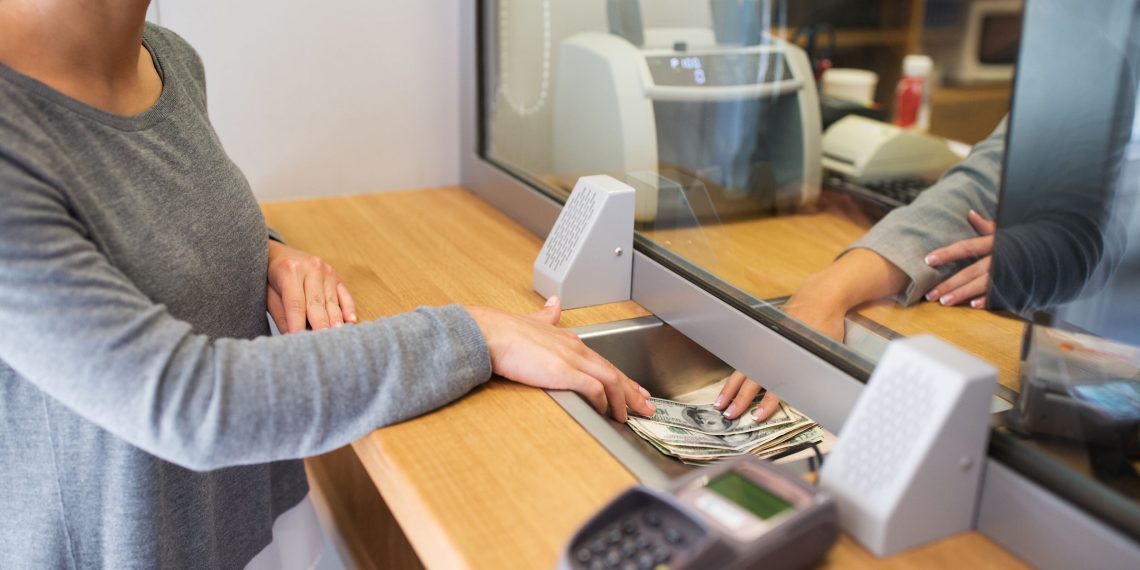Japan to launch new banknotes on July 3, 1st design change in 20 yrs
2024-06-30
TOKYO (Kyodo) — Japan will start issuing new banknotes on Wednesday, showcasing what it touts is the world’s first use of cutting-edge holography that makes the portraits of historic figures look like they are rotating in 3D on the bills, one of their anti-counterfeit measures.
In the first design change in 20 years, the 10,000 yen, 5,000 yen, and 1,000 yen bills will have bigger face value numbers printed on them than the current versions, so all people, regardless of age and nationality, can recognize them easily.
Tactile marks will allow visually impaired people to touch and tell which banknote they are holding.
Eiichi Shibusawa (1840-1931), known as “the father of Japanese capitalism” who helped establish around 500 companies, will be featured on the 10,000 yen note, with the red-brick building of Tokyo Station depicted on the back.
The 5,000 yen note will feature educator Umeko Tsuda (1864-1929), who during her lifetime strove to raise the status of women in society. Wisteria flowers, cherished in Japan since ancient times, will appear on the reverse side.
The 1,000 yen note will use the portrait of microbiologist Shibasaburo Kitasato (1853-1931), dubbed “the father of modern Japanese medicine” for his contributions to the treatment of tetanus. On the flipside is “The Great Wave off Kanagawa,” a work by ukiyo-e artist Katsushika Hokusai depicting big waves and Mt. Fuji.
By the end of March next year, nearly 7.5 billion new banknotes will have been printed, according to the government. Existing banknotes will remain valid even after the introduction of the new bills.
In Japan, 18.54 billion banknotes were in circulation at the end of 2023. If they were lined up horizontally, it would be equivalent to eight times the distance between Earth and the Moon, Bank of Japan data showed.
The new notes come as cash-loving Japan is aiming to push for cashless payments. The value of cashless payments has been increasing in the country, but was still shy of the government’s target of around 40 percent in 2023.
As of 2021, such payments had already accounted for more than half of the total in Britain, Canada and the United States as well as China, Singapore and South Korea, according to industry group data.
Sources: The Mainichi






